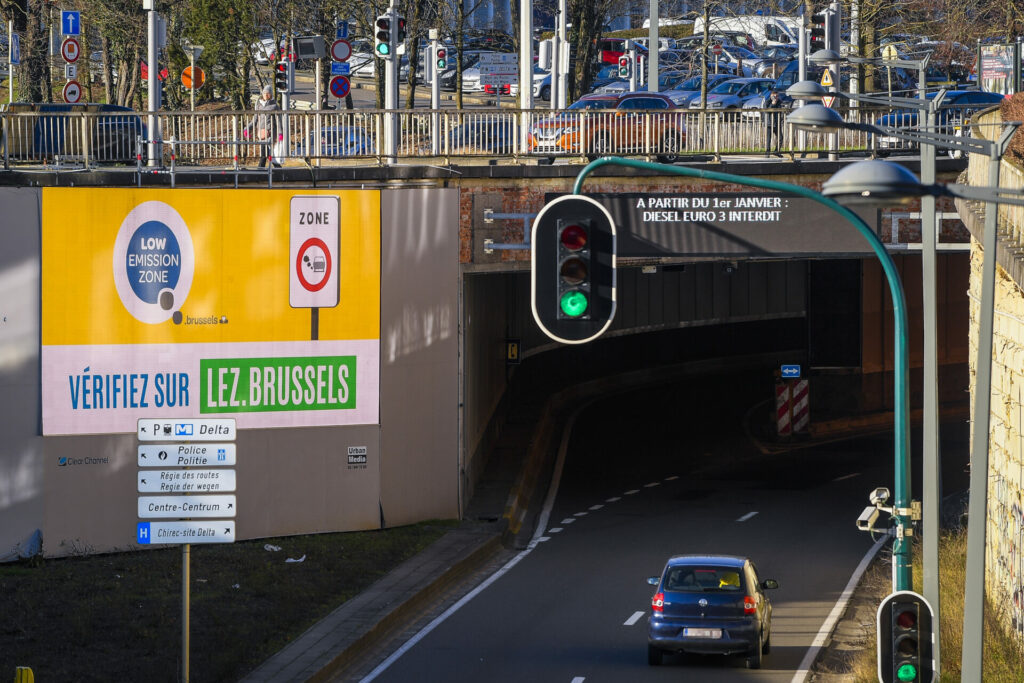As part of ongoing plans to make the city greener, the Brussels government adopted the preliminary draft of the new Air, Climate and Energy Plan for the Brussels-Capital Region on Wednesday, Bruzz reports.
The plan builds on ambitions to reduce greenhouse gas emissions by tackling the use of fossil fuels for heating, waste management and the use of some carbon-intensive products. The plan aims to cut greenhouse gas emissions by 47% by 2030 compared to 2005. This improves on the previous target of 40%.
Climate scientist Wim Thiery from VUB agrees that it is a good decision to tighten up on reducing emissions, but it could be even better. “I wonder whether the ambitions couldn’t be even greater.”
“We are one of the richest regions in the world and we also have a great historical responsibility for global warming, so our ambition must be among the largest worldwide.”
Concrete measures
The plan contains a number of concrete measures to hit its objectives. The Committee of Climate Experts, an independent body, will annually evaluate how the pursued policies have contributed to the Region's climate ambitions.
“We have a clear ambition: to take care of Brussels and its inhabitants,” said Brussels Minister for the Environment and Climate Transition Alain Maron.
“We want to free Brussels from its dependence on fossil fuels and map out the path towards a greener, more pleasant, healthier and fairer city.”
Related News
- 'Unreliable': EU overstated spending on climate action, audit report finds
- Flemish Government must pay Greenpeace €850,000 for inadequate air pollution policy
- Belgium Uncomplicated: Building Brussels back better
Central to the new measures is the buildings sector, as commercial and private properties are largely responsible for greenhouse gas emissions. Homes with energy labels F and G will have to be renovated by 2033.
To support this, the government will provide numerous subsidies, especially for people with the lowest incomes.
The transport sector is also a major polluter in Brussels. The government, therefore, wants to continue the Good Move plan, which prohibits vehicles with a combustion engine from entering by 2035. Measures will be put in place to prepare the city and residents for these changes.
Win-win situation
Thiery emphasises the benefits that these measures would have for Brussels. “If we switch to electric mobility, it will become a lot quieter in our city. In addition, it will benefit air quality and is therefore positive for health.”
More widespread use of bicycles and public transport will improve the quality of life in the city, and energy bills will drop once houses will be insulated and roofs are covered with solar panels. “It’s a win-win situation.”
In addition to reducing CO2 emissions, the region is also preparing for the consequences of climate change. For instance, by ensuring better permeability of the soil and more greenery.

